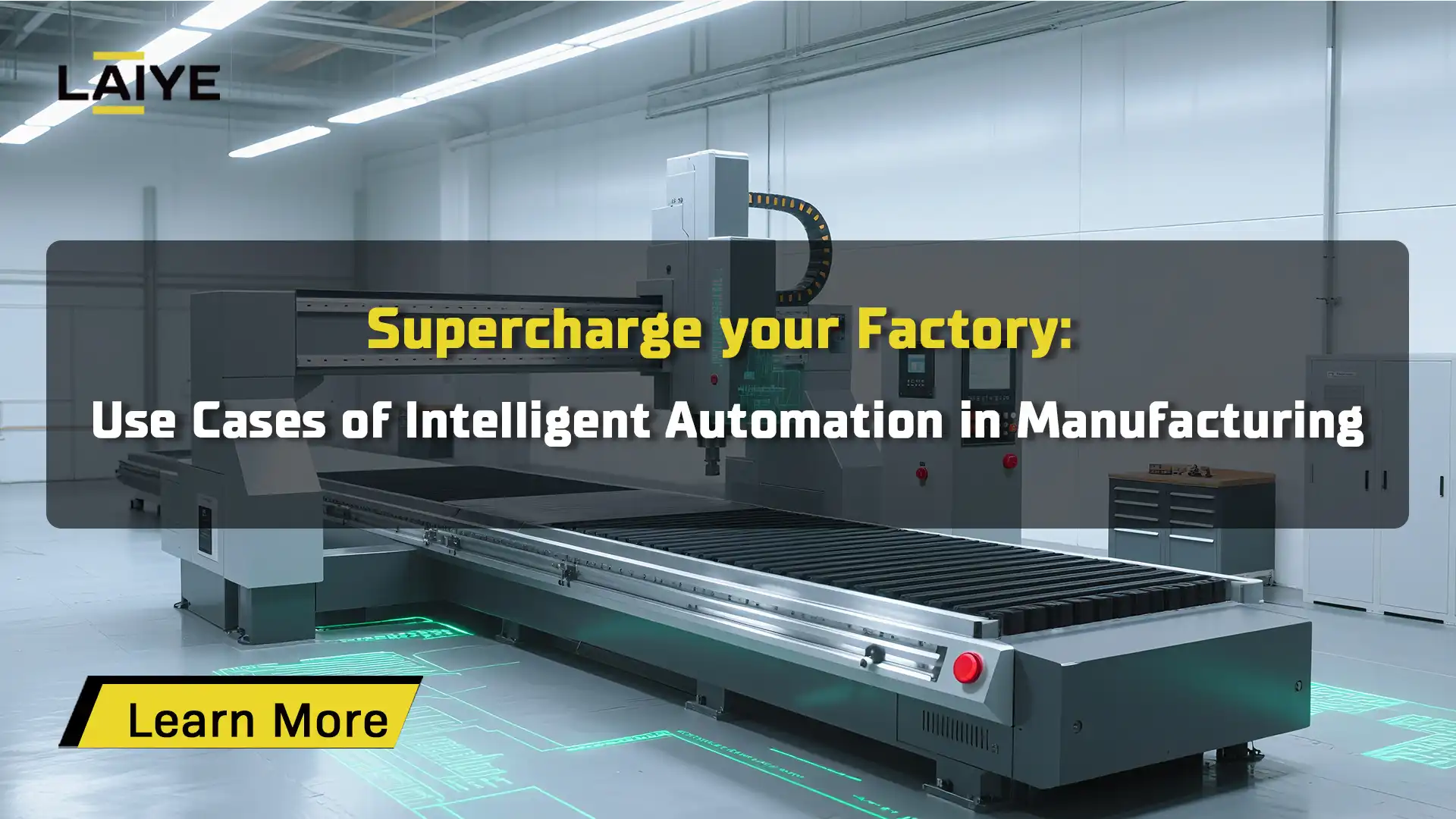Buying Into the Future: How Intelligent Automation Will Transform Retail

by Brian Briggs, VP of Customer Solutions and Operations at Laiye

The pandemic has greatly changed the retail sector. The massive shift in shopping habits has seen more consumers going online and seeking elevated customer experiences — from more efficient checkout procedures to faster processing times.
Forward-thinking retailers are actively looking for Intelligent Automation (IA) solutions to deliver faster, better, and more innovative shopping experiences to keep up with customer demands and maintain a competitive advantage. Pre-pandemic, businesses were expected to compete mainly on products and price; however, now, factors such as the design of e-commerce sites to experiential retailing all play a part in customer decision-making.
However, the issue is that while many organizations have invested in improving their storefront, they haven’t caught up on the back end. This has resulted in disconnected systems that do not talk to one another and back-end processes taking up weeks instead of the hours that customers expect. Often, retailers blindly approve returns and complaints simply because it takes too long to get them right.
While back-office operations are behind-the-scenes, they are essential to successful business performance as they allow the front office to operate at higher efficiency, and are a critical part of the customer experience. Therefore, many businesses recognize the need to improve their systems and do more to keep up with customer demands and the changing retail landscape.
A new way of retail
Laiye’s Intelligent automation solutions have helped Nike, one of the world’s leading sportswear brands modernize its retail experiences by setting up an artificial intelligence (AI)-powered chatbot that works as a recommendation engine. Customers who shop on the company’s website can interact with the chatbot to identify what they need and make a purchase through the chat window. They also get personalized recommendations.
Laiye’s solutions have helped Nike transform its customers’ shopping experience, and also streamlined and improved productivity, resulting in 50% productivity gain and 75% of inquiries solved without manual intervention. 80% of their requests are now answered by chatbot and 20% are seamlessly transferred to customer service agents.
Bots will not replace humans
Nonetheless, we should not be overly concerned about bots replacing humans — AI could create 58 million jobs and generate $15.7 trillion for the economy by 2030 by eliminating mundane and repetitive tasks. For example, in the retail industry — especially during massive sale seasons — the influx of customer service calls will take a toll on the customer service agents. Customers face longer wait times, and employees are likely to get burnt out from long working hours.
With Laiye’s IA chatbot, most of the requests can be automatically responded to in real-time, leaving the agents more time to attend to customers who have more specific or bespoke requests. Not only will customers receive better service, but employee satisfaction will also improve.
Retraining and upskilling is critical
While technological revolutions havecertainly eliminated specific jobs throughout history, they have always created more in the process. The crucial thing is for businesses to keep up with the pace, identify what new skill sets their employees might need for the future of work, and provide relevant training.
Retraining is something that Laiye focuses on heavily. Laiye’s Learning Zone is a free Intelligent Automation learning platform where anyone can learn all about AI and IA, from automation basics to advanced Intelligent Document Processing (IDP). In addition, we are launching a new reinvestment initiative called the Workforce Be Better Fund (WBBF) that will see Laiye upskill our customers’ employees in data analytics and intelligent automation. This will help companies retain their workforce and build a better brand and community within their organization.
Ultimately, as a company, we envision a future where businesses and people are transformed by the power of intelligent automation, helping companies and people do better and be better. The rise of IA will bring about rapid modernization in the retail sector, reshaping business models and the retail landscape. To keep pace with these transformations, retailers must move away from traditional marketing approaches, find new ways to strengthen their back-end operational processes, and modernize their workforce management strategy.


